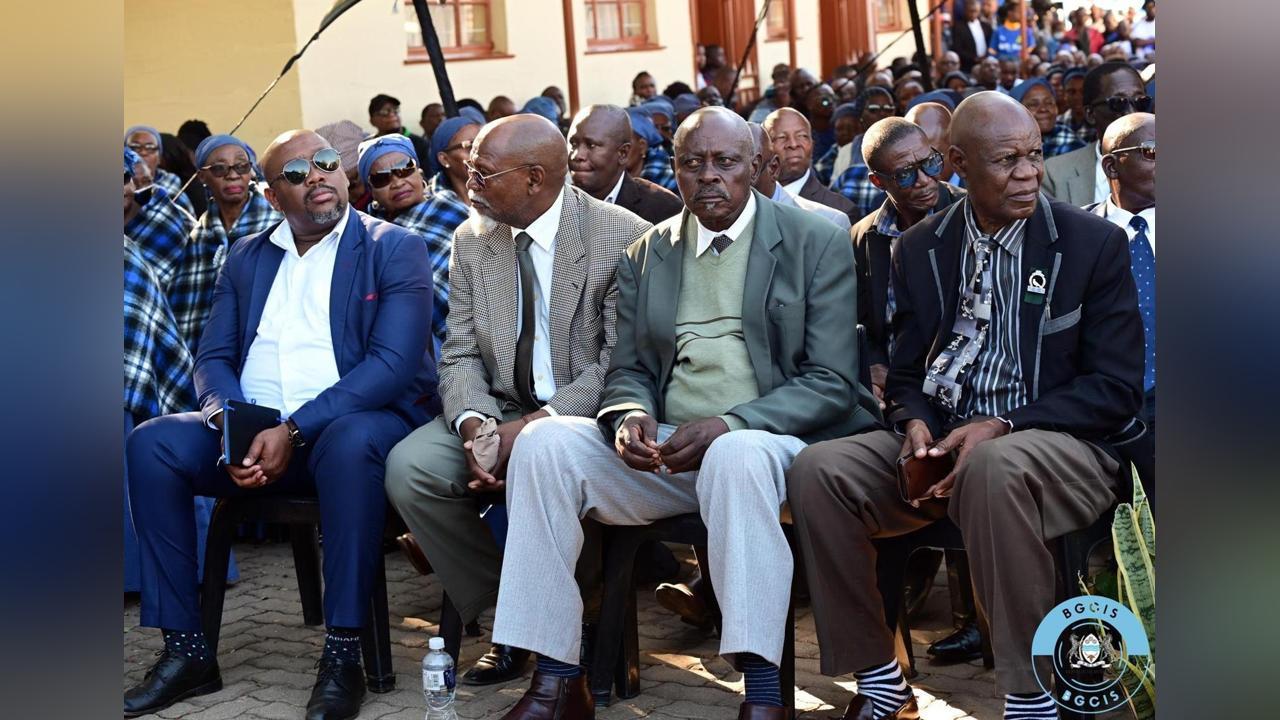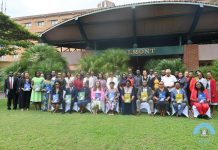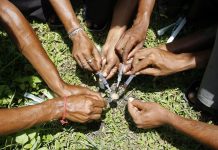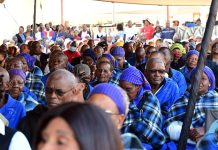Africa-Press – Botswana. While the premiere of a local community radio station ‘Okavango FM’ is a welcome development, some traditional leaders in the North West have advised that the radio should not be used to fuel tribalism and conflicts among the communities.
They appealed that the envisaged community radio station primary focus should be to promote social-cohesion, and serve as a platform for dialogue and peace-building.
They aired their views during a consultative meeting organised by Okavango Human Wildlife Foundation (OHWF) to introduce the new radio station, Okavango FM, to the district leadership and other stakeholders following issuance of a community radio license by the Botswana Communications Regulatory Authority (BOCRA) to broadcast in the Maun, Kasane and Shakawe areas.
Okavango FM has up to twelve months to start broadcasting and it is expected to serve the people of Ngamiland and Chobe regions hence the OHWF management engaged stakeholders and dikgosi to solicit ideas on how best they can run the radio to benefit the community.
The meeting also aimed at seeking support and blessings from leadership and stakeholders to ensure ownership and sustainability.
However, the gathering learnt that the radio would also promote indigenous languages, arts and culture, something some dikgosi relayed called for management to tread carefully in order to guard against tribalism.
They premised their argument on the fact that the region housed different ethnic groups and as such care should be taken to make sure all indegenous languages were catered for.
“This is a welcome development, but you should tread carefully as in other countries, community radio stations are causing conflicts and dividing the communities thus disturbing peace and stability because some tribes had been marginalised,” said Kgosi Moeti Moeti of Maun.
A community radio, he agreed was a fundamental means for indigenous people to preserve their languages and to exercise and defend their rights.
He also wished the government could prioritise review of the constitution and recognise all marginalised tribes and their fundamental rights noting that enshrining their rights in the constitution was about ensuring tribal equality and upholding the universal principles of human dignity.
He also acknowledged that the station would also promote cultural heritage and stressed that the custodian of culture being traditional leaders should not be left behind as they were instrumental in providing guidance.
Kgosi Leretetse Mogalakwe also concurred that the station should focus on its mandate and not be used to fuel division and tribalism among communities.
He is of the view that community radio stations could effectively bring ethnic groups together by providing a platform for diverse cultures to express themselves and engage in dialogue.
“Ngamiland is a true example that different tribes with different cultures, tradition and languages can live together in harmony and peace and we want to see this radio station promoting that essence of nation building,” he emphasised.
Kgosi Mogalakwe noted community radio was a powerful tool that could promote peace and unity among the communities as well as promote stories, information vital for cultural identity and inclusion.
Earlier, the founder of OHWF, Mr Kenosi Kamina assured leaders that the station would be regulated by BOCRA just like any other radio station granted the license to operate.
“We are expected to adhere to certain standards and to ensure our programming serves the community and provide a diversity of content,” he said allaying fear from the leadership citing that violating regulations would attract penalties.
The station, he said, targeted rural and semi-urban communities and that programming would focus on news and current affairs covering local governance, development projects, education, health, culture and heritage as well as traditional leadership issues among others.
Furthermore, Mr Kamina explained that the radio was formed as a response to the need for localised information, education and entertainment reflecting the voices, culture and priorities of local communities particularly around human-wildlife co-existence.
For More News And Analysis About Botswana Follow Africa-Press






